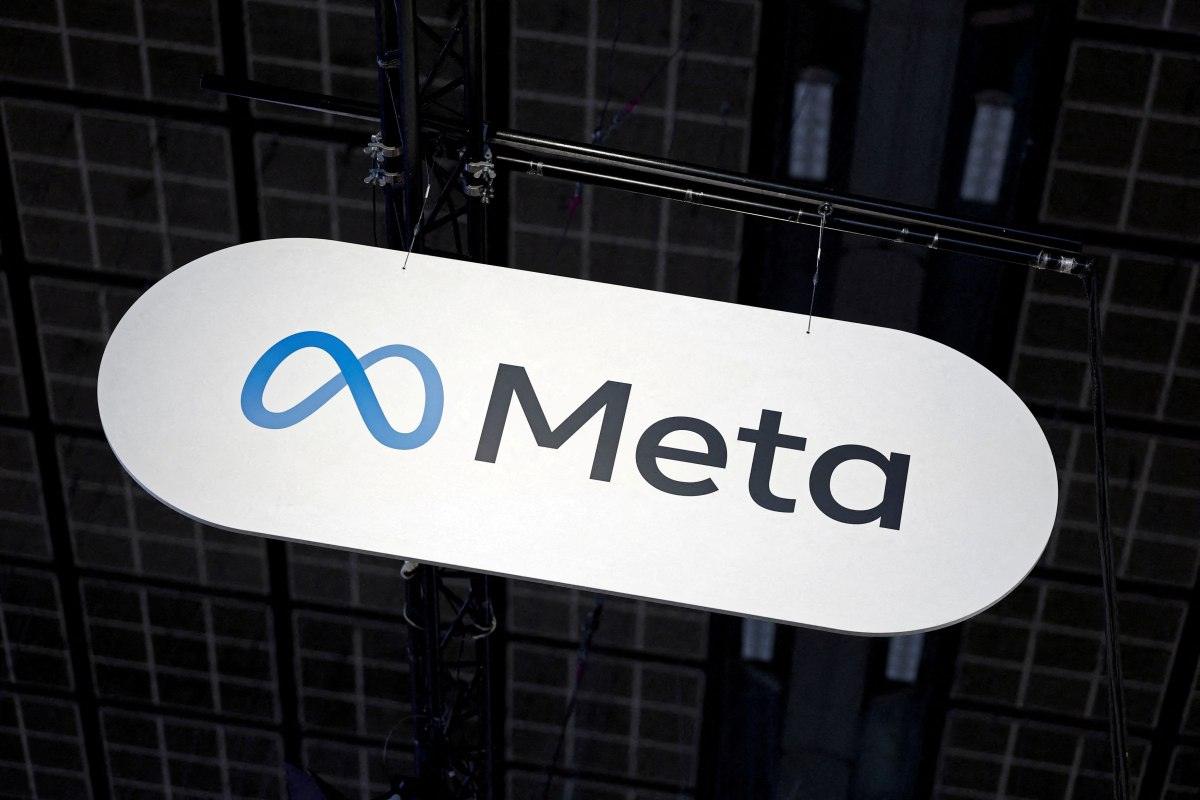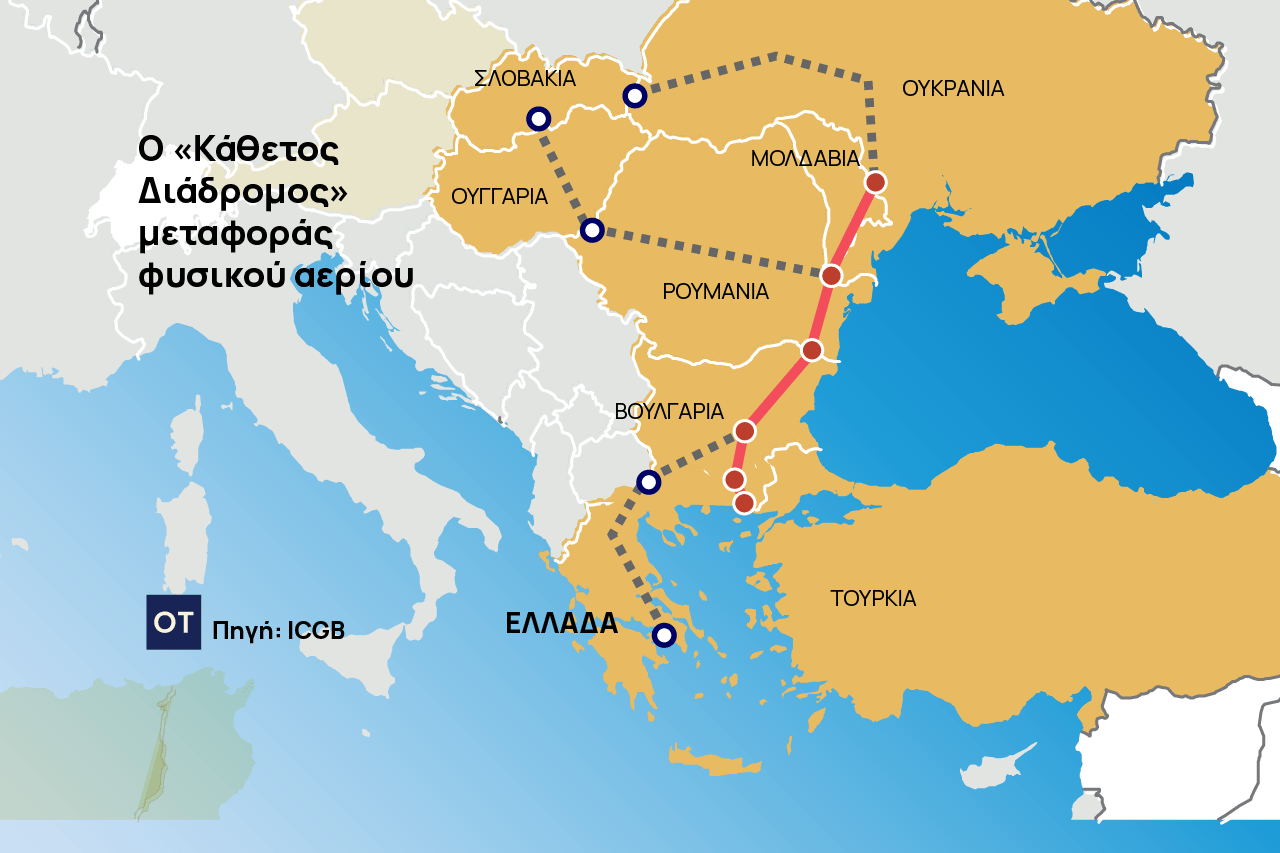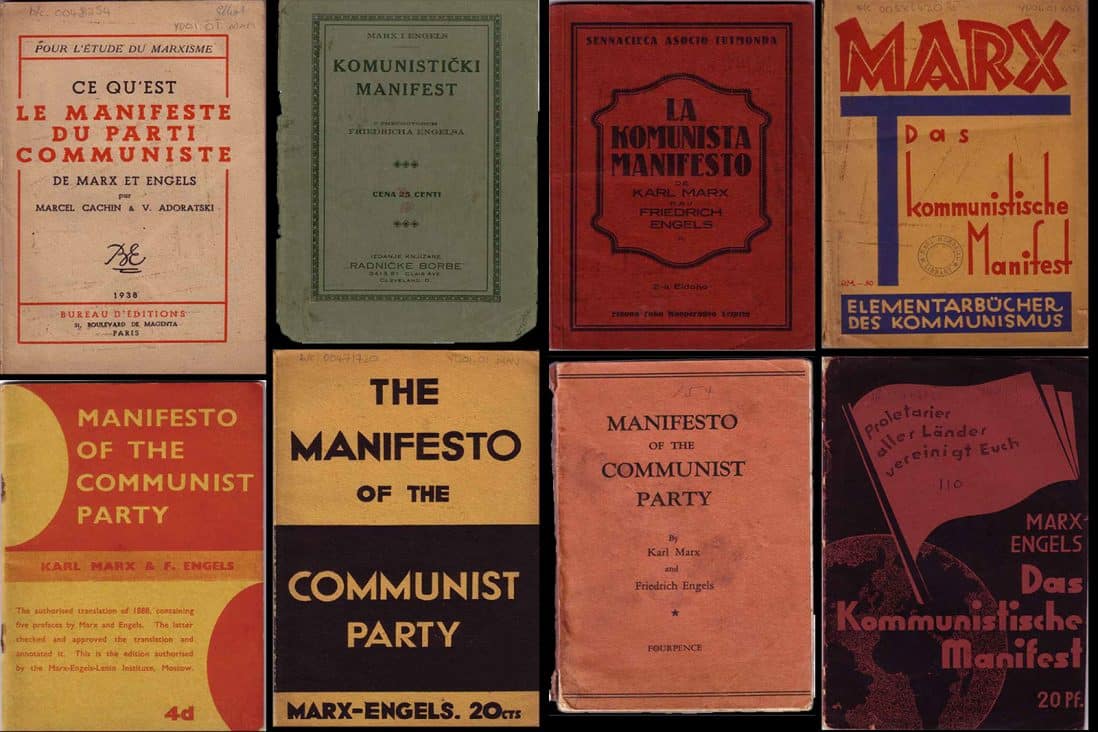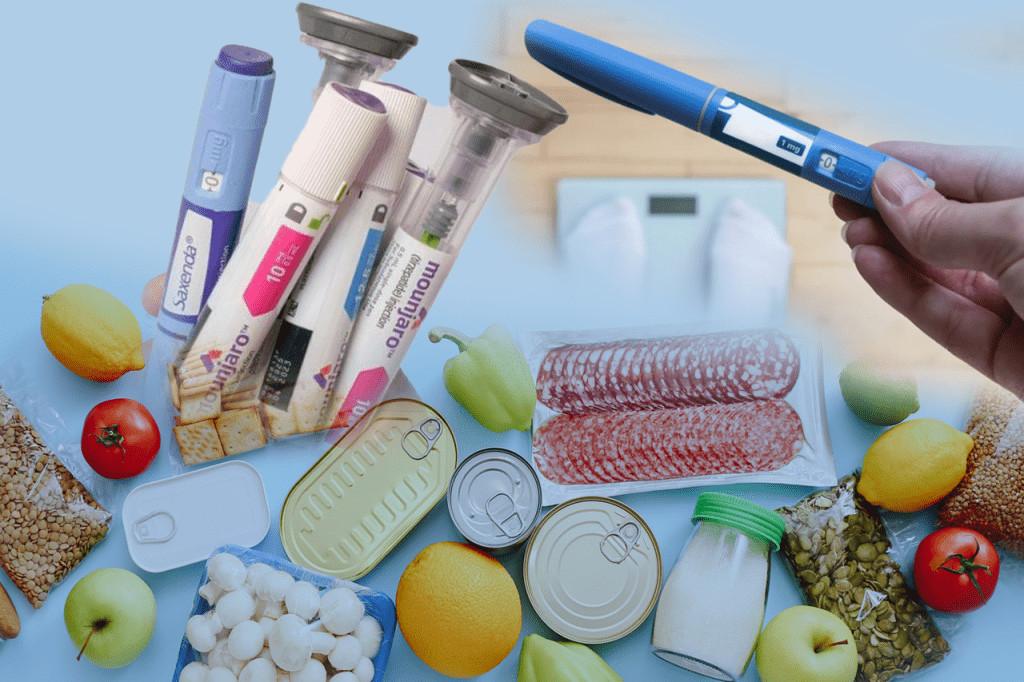Consumers in Greece will see lower prices on thousands of supermarket items through the end of the year, following an agreement between the Ministry of Development, major retail chains, and 70 suppliers aimed at reducing household expenses.
The initiative, which expands the earlier “1,000 codes” price-cut program, now includes more than 2,000 product codes — a figure that exceeds initial expectations, according to the ministry.
Average 8% price reduction across categories
As of this week, supermarket shelves feature an average price reduction of 8% on a wide range of goods. The cuts vary by category and product:
- Personal care products: 236 items, 5%–13% decrease
- Breakfast foods and cereals: 56 items, up to 23% decrease
- Cheese: 34 items, 5%–35% decrease
- Sweets and chocolate: 68 items, 3%–17% decrease
- Oils and fats: 11 items, 5%–16% decrease
- Pasta: 38 items, 3%–5% decrease
- Coffee: 8 items, 5%–8% decrease
- Fresh meat: 3 items, 5%–7% decrease
- Government and industry statements
Greek Minister of Development Takis Theodorikakos said the initiative reflects a broader effort to control prices in essential goods despite global economic uncertainty. “We are fighting to keep prices in check and ensure fair competition, pressing the market to reduce profit margins wherever possible, for the benefit of society — especially those most affected,” Theodorikakos said.
He added that the measure is part of a wider reform effort that includes establishing a new Independent Consumer Protection and Market Supervision Authority, aimed at strengthening oversight and simplifying consumer law.
Apostolos Petalas, general director of the Hellenic Supermarkets Association, described the move as a joint effort between retailers, suppliers, and the food industry. “This is a continuous effort by the business community, in cooperation with the government, to offer high-quality products at the best possible price, despite the challenges posed by inflation, energy costs, and global food supply disruptions,” he said.
A wave of competition among retailers
The price-cut initiative has triggered what industry analysts call a “competition domino effect.” Rival supermarket chains are expected to launch their own discounts and offers in response, while brand-name suppliers may be forced to match reductions to protect their market share.
Initially, many suppliers were reluctant to participate, offering only minimal cuts. Supermarket chains responded by including hundreds of private-label products, leading to the current total of over 1,300 such items with reduced prices.
Industry sources estimate that each major chain has reduced prices on between 150 and 250 items on average. This means that while the government’s overall figure exceeds 2,000 products, a typical large supermarket will feature about 700 discounted items — excluding ongoing promotions and special offers.
Consumer impact through 2025
The new pricing scheme will remain in effect through December 31, 2025, covering essential goods from household basics to fresh foods.
For Greek consumers, the cuts provide some welcome relief amid lingering inflation and rising living costs — and for the market, they mark the start of a new phase of intensified price competition.








![Ελβετικό φράγκο: Τα SOS για να ρυθμίσετε το δάνειο – Τα κριτήρια [πίνακες]](https://www.ot.gr/wp-content/uploads/2026/02/ot_elvetiko_fragko2-1-300x300.jpg)




















![Ελβετικό φράγκο: Τα SOS για να ρυθμίσετε το δάνειο – Τα κριτήρια [πίνακες]](https://www.ot.gr/wp-content/uploads/2026/02/ot_elvetiko_fragko2-1.jpg)









